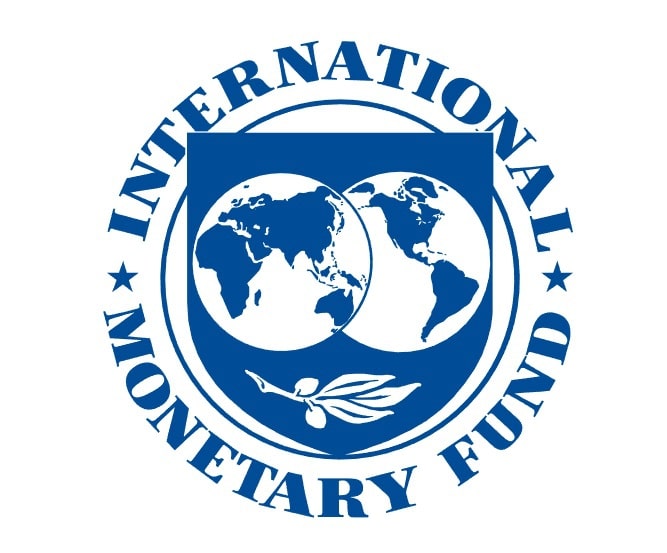We express our deepest condolences to the people of Libya for the tragic loss of life and widespread devastation caused by flooding in September; The announced central bank reunification has led to welcome improvements in banking supervision and monetary policy coordination. It will also help with moving the reform agenda forward; Libya urgently needs a clear economic vision and technical assistance support. The IMF is helping Libyan authorities by providing capacity development in several areas.
A staff team from the International Monetary Fund (IMF) led by Mr. Dmitry Gershenson visited Tunis, Tunisia, during November 13-16, 2023 to discuss Libya’s economic and financial developments, the macroeconomic outlook, and the country’s policy and reform priorities. At the conclusion of the visit, Mr. Gershenson made the following statement:
Despite the devastating floods, Libya’s medium-term economic outlook remains positive due to the projected high oil prices. Although estimates of the damage due to the floods are not available yet, the impact of the disaster on measured GDP is likely to be relatively small given that Libya’s economy is largely dependent on oil and gas production. The medium-term economic outlook remains positive on the back of high projected global oil prices.
There is an urgent need for a clear economic vision for the country. In the short term, Libya requires a budget to support policy credibility, because untargeted fiscal spending complicates the implementation of the macroeconomic policy. In the medium term, the country needs an economic strategy to diversify away from hydrocarbons and to foster stronger and more inclusive private sector-led growth. Reducing untargeted subsidies would free the resources for better-targeted social spending and productive investments. In the longer term, structural reform efforts should focus on strengthening institutions, upgrading the anti-money laundering combatting the financing of terrorism (AML/CFT) framework, and addressing corruption and governance concerns.
We welcome the reforms undertaken by the Libyan authorities this year. There has been notable progress towards improving data collection, enhancing the AML/CFT framework, fintech innovation, and aligning banking supervision with international standards and best practices. The recently established High Financial Oversight Committee with representation from the East and the West to allocate fiscal resources is an improvement but needs to eventually evolve towards a budgetary process in line with global best practices.
The recently announced reunification of the central bank is a step in the right direction. The immediate benefit stemming from the August announcement is improved coordination in the areas of monetary policy, banking system liquidity and supervision. The next steps should include integrating the payment system and unifying the central bank’s organizational structure, and accounting procedures before full reunification can be achieved.
Libya needs technical assistance support, and the IMF is helping authorities by providing capacity development in several areas, including public financial management, monetary and financial statistics, national accounts, tax, customs, and price statistics. Future capacity development activities include tax systems, financial sector supervision and regulation, balance of payments statistics, and AML/CFT. However, progress in addressing Libya’s short- and medium-term challenges—including by modernizing fiscal and monetary policy frameworks—will, to a large extent, depend on the pace of political reconciliation.
The next Article IV mission is expected in the Spring of 2024.
The mission thanks the Libyan authorities and other counterparts for their hospitality, constructive policy dialogue, and productive collaboration.
Distributed by APO Group on behalf of International Monetary Fund (IMF).

Leave a Reply